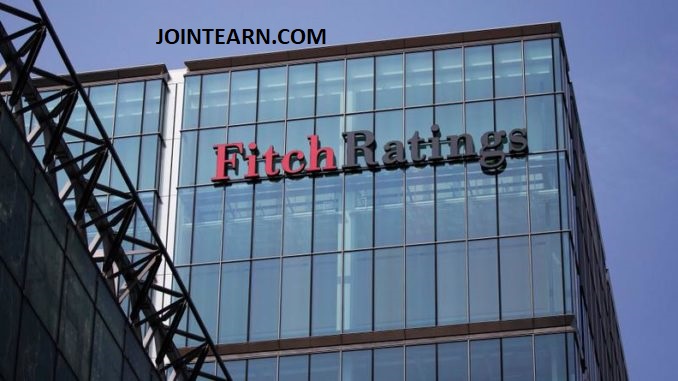Wages in the UK continue to rise faster than inflation, with both public and private sector workers seeing pay increases, according to the latest data from the Office for National Statistics (ONS).
Between October and December, inflation-adjusted wages grew by 3.4% compared to the same period a year prior. Meanwhile, the UK’s unemployment rate remained at 4.4%, though the ONS cautioned that employment figures should be interpreted carefully due to low response rates in its surveys.
Businesses Warn of Workforce Cuts Amid Rising Costs
Despite wage growth outpacing inflation, businesses are sounding alarms about the financial pressures they face. Many companies are planning to reduce staff and raise prices ahead of upcoming cost hikes in April. Key concerns include:
- Increased National Insurance contributions
- Higher minimum wage requirements
- Reduced business rates relief
Employers worry that these changes could slow future wage growth and impact business investment.
Private Sector Wages Grow Faster Than Public Sector
Excluding bonuses, annual wage growth stood at 5.9% from October to December, up from 5.6% in the previous period.
- Private sector pay increased by 6.2%
- Public sector pay rose by 4.7%
Meanwhile, the UK’s inflation rate—tracking how consumer prices rise over time—was 2.5% in December. However, analysts predict inflation could climb again due to higher energy and water costs.
Experts Predict a Slowdown in Wage Growth
Yael Selfin, chief economist at KPMG UK, expects a gradual decline in wage growth over the coming months. Some economists believe the slight rise in private sector wages won’t significantly influence the Bank of England’s interest rate decisions.
Earlier this month, the Bank of England reduced interest rates from 4.75% to 4.5%, but experts like Rob Wood from Pantheon Macroeconomics suggest policymakers will remain cautious about further cuts in light of the recent wage figures.
Sectors Most Vulnerable to Cost Increases
Employment trends indicate that businesses are less eager to hire, with the hospitality and retail industries expected to be hit the hardest. These sectors employ a high proportion of lower-wage workers, making them particularly vulnerable to cost hikes.
Jane Gratton, Deputy Director of Public Policy at the British Chambers of Commerce, warned that excessive costs could harm both employment and investment opportunities. She urged the government to take steps to minimize business expenses while ensuring access to a skilled workforce.
April’s National Insurance Changes and Economic Impact
Starting in April, employers will pay 15% National Insurance on salaries above £5,000, up from the current 13.8% on earnings above £9,100. The Treasury maintains that its budget measures will stabilize businesses, encouraging investment and economic growth. However, some economists fear that workforce reductions and price increases could weaken the UK’s economic outlook.
A recent survey suggested that businesses may raise prices to offset higher employment costs. If this happens, it could drive inflation higher, adding pressure to household budgets.
Job Market Outlook for 2025
The ONS reported that total job vacancies declined by 110,000 (11.8%) compared to last year, though they still remain above pre-pandemic levels. Meanwhile, the number of UK workers on payrolls increased by 21,000 in January, reaching 30.4 million.
Chris Eldridge, CEO of Robert Walters UK, emphasized that the real impact on jobs will become clearer by March, when the National Insurance changes take effect alongside uncertainty surrounding the Employment Rights Bill.
As businesses navigate these shifts, the coming months will be crucial in determining the UK’s employment and economic trajectory.












